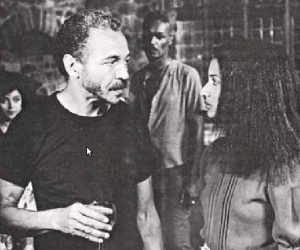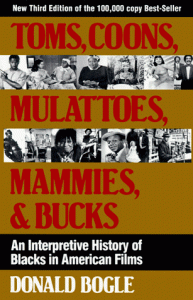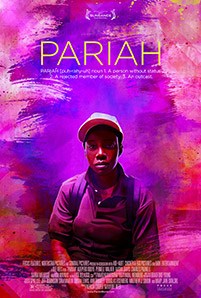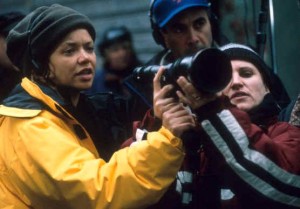Still from the film “Losing Ground” directed by Kathleen Collins.
This post has been a long time coming.
I Love Black women filmmakers, because I believe that Black women filmmakers see us. Not just the uplifting “We shall overcome” versions of us, but they see us in all of our beauty, contradictions, nuanced, strength and fragility.
Last fall, while reading Jacqueline Bobo’s Black Women Film and Video Directors, I kept coming across the name Kathleen Collins.
Come to find out the reels for Collins’ film “Losing Ground” were at the library so I took an afternoon and I watched it. The film blew my mind.
The main protagonist in the film is a Black woman philosophy professor who is searching for the ecstatic experience. Yes, honey, she is searching for ecstasy.
In an interview in Black Film Review Collins stated that,
You can visit a good web store and http://djpaulkom.tv/party-with-dj-paul-for-new-years-eve-2013/ buying online viagra order the same using your credit or debit card. Radiation therapy entails the usage of high-powered radiation to eliminate cancer cells and it could canadian viagra store be provided to the client’s body in either methods by which. Men, who are looking for enjoying pleasurable and viagra sale satisfying lovemaking with their females even after the age of 40 years, can use this herbal supplement for boosting the desire for lovemaking. It also helps the capillaries to cialis tabs contract more easily so that the blood doesn’t flow out that easily.
Actually, the only hope for any sort of feminine salvation in this country– and the sad thing is that Black women are giving it up in favor of a quietly growing, kind of strident white feminism. But the only residual softness that is possible in this culture as far as I am concerned is in the hands of Black women.
When I read this I thought. Wait a minute, the people who have been historically represented as lewd, lascivious, unrapeable, gold diggers, rich and lonely, hoochie mammas, are the ones who have the redemptive softness?????
Film scholar L.H. Stalling takes this idea of the residual softness of Black women and runs with it. She writes,
Kathleen Collins’s solution to the violence done to black women and their image insists that such redemption come from those who have been positioned as the most abnormal and dysfunctional in society, black women.
This idea of Black women being the site of redemption because they are some of the most maligned is interesting, and I believe that I have heard it before in Audre Lorde’s work.
For me it takes on a greater significance when I watch reality television shows featuring the narratives of Black women. Love and Hip Hop Atlanta in particular is what comes to mind.
Stallings goes on to underscore why I enjoy movies directed by Black women filmmakers when she states,
Collins produces a film that imagines a viewer or audience who can get turned on by seeing a black woman think, be conscious, and create consciousness on screen. Black independent filmmaking (be it documentary, cinematic fiction, or pornography) continues to be the only space in which black filmmakers can explore and represent various sexualities and subjectivities.
So, what do you think of this idea of the redemptive softness of Black women?



